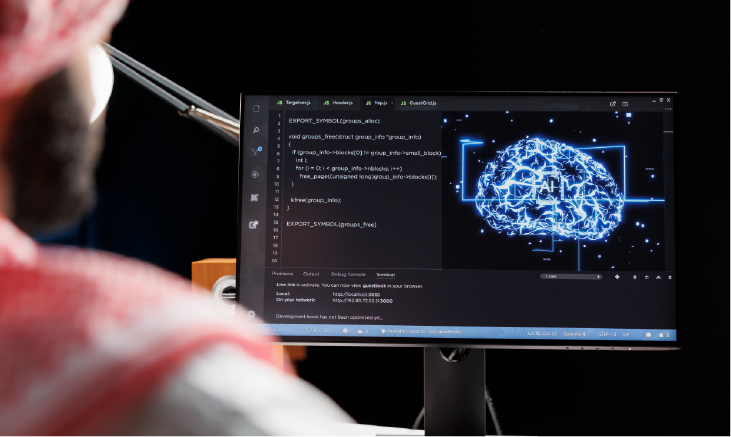
Pointers and Memory Management in C are advanced topics that involve direct manipulation of memory and efficient handling of dynamic data structures. Pointers are variables that store memory addresses of other variables. Memory management involves dynamically allocating and deallocating memory during program execution to optimize resource usage and avoid memory leaks.
- Allows operations like addition, subtraction, and comparison on pointers. Example: ptr + 1 moves the pointer to the next memory location of its type.
- A special pointer value indicating that it points to nothing. It is used for error handling and pointer initialization. Example: int *ptr = NULL;.
Overview
Direct Memory Access: Pointers provide direct access to memory addresses, allowing manipulation of data at a low level, which is crucial for tasks like memory allocation and deallocation.
Resource Optimization: Efficient memory management with pointers allows for optimal utilization of system resources, preventing memory leaks and improving overall performance.
Dynamic Memory Allocation: Pointers enable dynamic memory allocation, allowing programs to allocate memory as needed during runtime, providing flexibility and scalability.
Data Structures Implementation: Pointers are essential for implementing complex data structures like linked lists, trees, and graphs, enabling efficient storage and manipulation of data.
Pointer Arithmetic: Pointer arithmetic facilitates efficient traversal and manipulation of data structures, such as arrays and strings, enabling programmers to perform operations directly on memory locations for improved efficiency.

